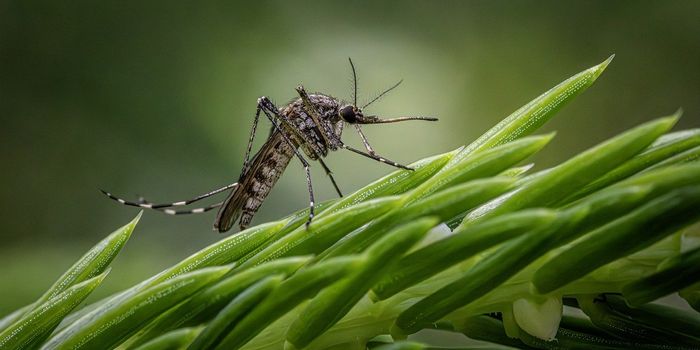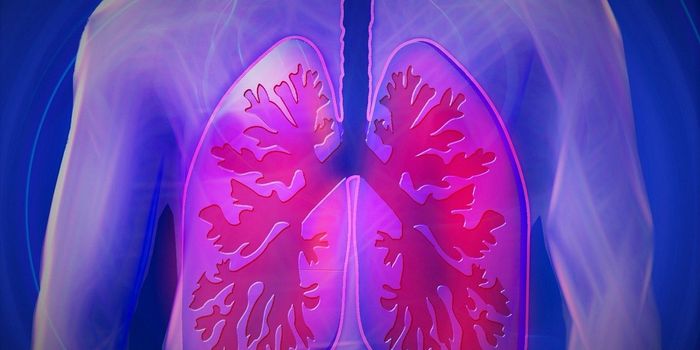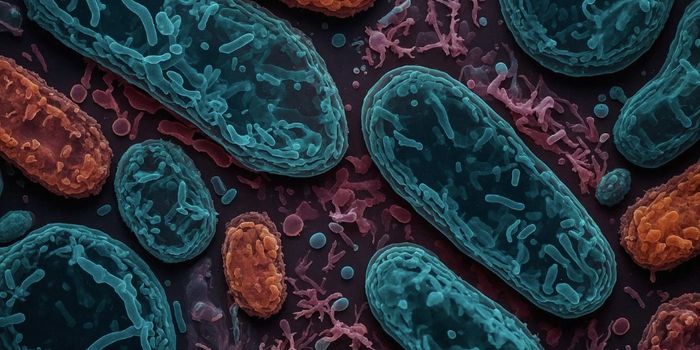Multidrug-resistant Bacteria Pass Between Owners, Cats and Dogs

Each year, drug-resistant infections are responsible for around 700, 000 deaths around the world. Estimates suggest that if measures aren’t taken to combat drug resistance, the same figure could rise to around 10 million by 2050.
For the present study, the researchers included five cats, 38 dogs, and 78 humans from 43 households in Portugal and seven dogs and eight humans from seven households in the UK. They collected fecal samples from each participant and tested whether they contained Entrobacyerales, a large family of bacteria, including E. coli, that is resistant to common antibiotics.
In particular, they focused on bacteria resistant to third-generation cephalosporins- which are used to treat conditions including pneumonia, sepsis, and meningitis- and carbapenems, a drug used for severe bacterial infections when others have failed.
In the end, they found that one dog from Portugal had a strain of multidrug-resistant enzyme OXA-181-producing Escherichia coli, which is known to be resistant to carbapenems.
They further found that in eight households, both owners and pets carried ESBL/Amp-C -producing bacteria, which are resistant to third-generation cephalosporins. In six of these homes, they noted that the DNA of bacteria isolated from the pets and their owners bore similarities, meaning that it likely passed between the animals and humans.
“In this study, we provide evidence that bacteria resistant to a third generation cephalosporins, critically important antibiotics, are being passed from pets to their owners, “ said Juliana Menezes, a Ph.D. student at the Faculty of Veterinary Medicine, University of Lisbon, Portugal, and one of the study's authors, said in a press release.
“Dogs and cats may aid the spread and persistence of such bacteria in the community and it is vitally important that they are included in assessments of antimicrobial resistance. Owners can reduce the spread of multidrug-resistant bacteria by practising good hygiene, including washing their hands after collecting their dog or cat’s waste and even after petting them,” she added.
Sources: EurekAlert








